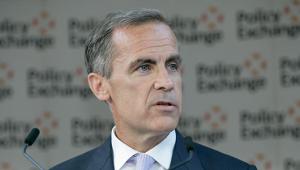The GMB today highlighted official figures showing NHS and social care have seen a 72% increase in eurozone workers employed by the sector in seven years.
EU nationals now make up more 5% of the entire health and social care workforce – including one in ten care home staff, according to official Office for National Statistic figures.
The ONS figures from last month indicated there were 209,000 EU nationals working in the sector in 2016, up from 121,000 in 2009 - a 72% rise.
Rehana Azam, GMB national secretary for public services, said: “The lack of a proper Brexit plan is yet another reason our health and social care sectors are sleepwalking to catastrophe with a PM who's already letting millions of public sector workers down."
She accused the prime minister of “letting millions of public sector workers down”.
Adding: “These latest figures underline the need to secure the future of existing EU workers and to plan properly for the day when freedom of movement ends."
The GMB called for the next government to come up with a Brexit plan and “clarify the future of EU nationals to ensure our health service doesn’t stumble into another catastrophe”.
In May the Centre of Economics and Business Research issued a report warning that Conservative plans to limit immigration to tens of thousands would damage public services and cost the Treasury billions.
This followed a study by the think-tank Global Future which cited the risk of limiting immigration to the UK’s public sector.
Earlier this Institute for Government proposed maintaining the principle of free movement after the 2019 Brexit deadline passed because a functioning immigration system would not be ready in time.
The IfG suggested in the same report that an extra 5,000 civil servants would be needed just to deal with the huge volume of immigration applications as the Brexit date approached.
Jonathan Portes, professor of economics and public policy at King’s College London, wrote in Public Finance that the idea that a more restrictive migration system would help public services recruit and retain much-needed workers was “ill-founded”.











